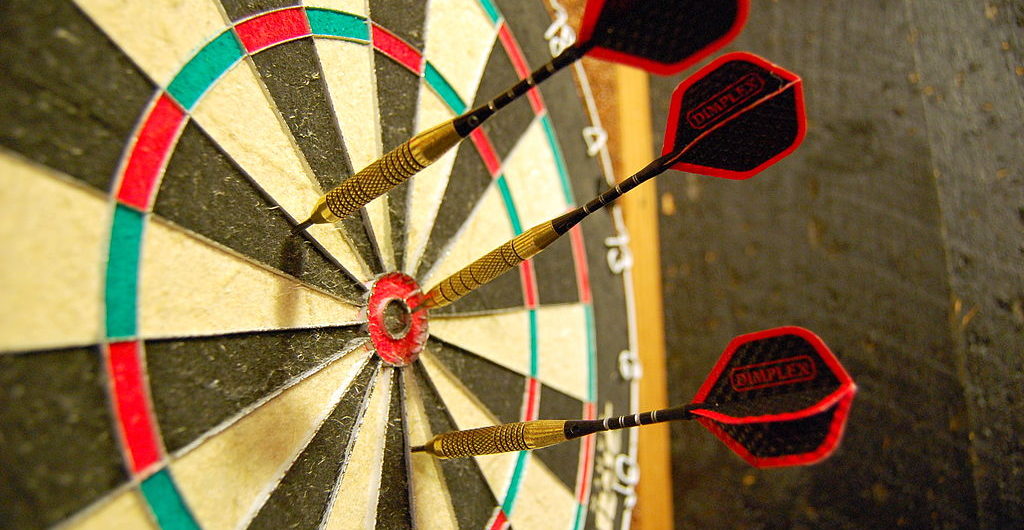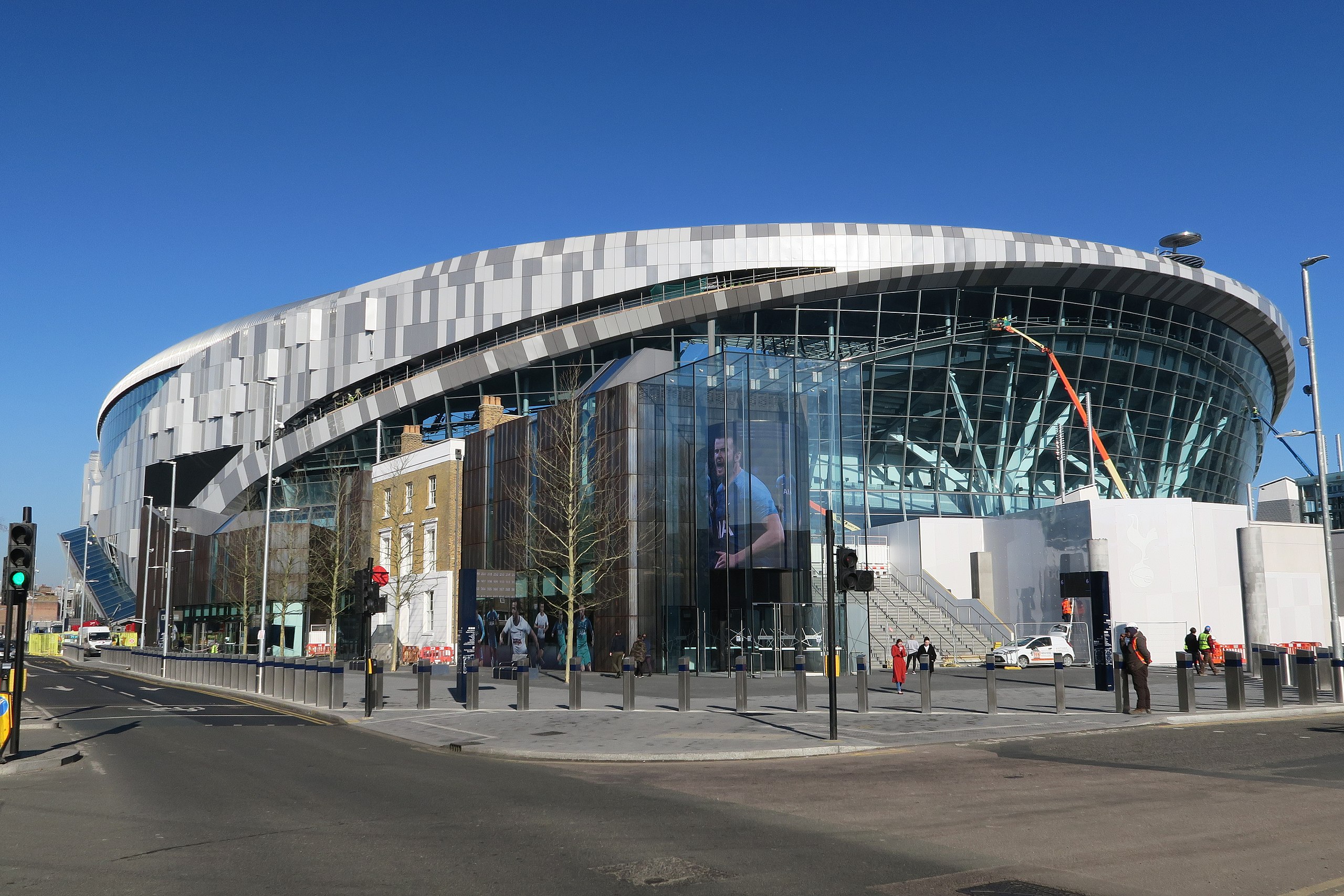By Ben Kofi
Darts. A game that is almost ubiquitous in this country. In most towns you’re usually never too far from a pub which has a board and some spare darts that people can use and play with. I’ve got one on the street of my university house. Darts is a game known and trialled by many, regularly played by some and mastered by a select few.
Darts has been televised since the 1970’s and has changed substantially since it first hit TV screens and entered households across the UK and the rest of the world. In the early days most of the players who played in the World Championships had other jobs and although they were all immensely talented there wasn’t anywhere enough money for many of the men on the circuit to be truly professional. For comparison, Leighton Rees (winner of the first British Darts Organisation (BDO) Men’s World Championships in 1978) won £3,000 for his efforts and last year, when Glen Durrant won the same competition, he won £100,000 for his exploits. On the other main established circuit, the Professional Darts Corporation (PDC), Dennis Priestley won their first world championship in 1994 and won £16,000 for his achievement and this year on New Year’s Day when Peter Wright won the PDC World Championship, he won a mammoth £500,000 for his feat. It’s not just in the prize money however, where the game that we see on TV has changed, however. In recent years, the occurrence of fans and spectators appearing in fancy dress has become much more common to the point where at most events it is rare not to be able to see people dressed as characters like The Minions (from Despicable Me), Oompa Loompas (from Charlie and the Chocolate Factory), or Teletubbies. The commercial side has also changed with all the top players having merchandise that fans can purchase and wear to events like shirts, wigs and bald caps.
Recently, the sport has garnered major attention form the worldwide mainstream media when Fallon Sherrock of England became only the second ever female player to beat a male professional darts player on television when she beat Ted Evetts in the first round and Mensur Suljović (world number #11 at the time) before losing to Chris Dobey in the third round. The first woman to beat a male professional at darts on television was Anastasia Dobromyslova of Russia when she beat Vincent van de Voort in the group stage of the 2009 Grand Slam of Darts. Furthermore, at the 2005 UK Open, Deta Hedman beat Aaron Turner and Norman Fletcher to reach the last 64. Her win over Turner was the first time that a female darts player had beaten a male player in a televised major. Following on from Fallon’s history-making achievement, Lisa Ashton (three-time BDO women’s world Champion) managed to win a tour card at PDC Q-School in January making her the first woman ever to hold one which ensures her a regular place on the PDC Circuit for the next two years.
The game of darts has been growing rapidly in the last few years, expanding into new areas such as East Asia and South America and expanding existing circuits in North America, Australia and the Nordic and Baltic regions. This macro-growth has seen a semi-reflection in the University of Sussex Darts Society as well. At the start of the year we started with just 4 members but, due to the hard work of our president George McMenemy and I, we have since grown to having had 42 members come and play during the year and as a club we have sent a team of 7 west to represent Sussex in the 2019 Southern University Darts League Singles competition in Exeter last November where all the boys where competitive and only one of us left the South West winless throughout the day, I myself advanced through the group stage and made the playoffs (top 12 out of the 26 entrants) of the competition and another one of us came agonisingly close to joining me in the playoffs.
We all gave a good account of ourselves in what was everybody’s first ever competitive darts competition and were impressive enough to garner an invite to the National University Darts League Competition next month in York to compete against other students from all over the country. A big congratulations is in order to Dan Phillips, Joe Walker, Joe Peters, Ed Heath, Ben Silverthorne, George McMenemy and me for their performances in Exeter. Earlier this month I also represented Sussex at event 5 of the 2019 Rileys University Cup in London Victoria where I advanced to the quarter-finals after winning my first match of the day in a last-leg decider before I was eliminated from the tournament by an opponent who was significantly more experienced than I am (I started playing darts in May, he had already been playing three years). We as a club have big plans and welcome any and all who want to give the great game of darts a go. We meet at the Freehaus Pub in Brighton from 7:30pm on Monday evenings, welcome people of all abilities and provide all the equipment needed to play free of charge.





